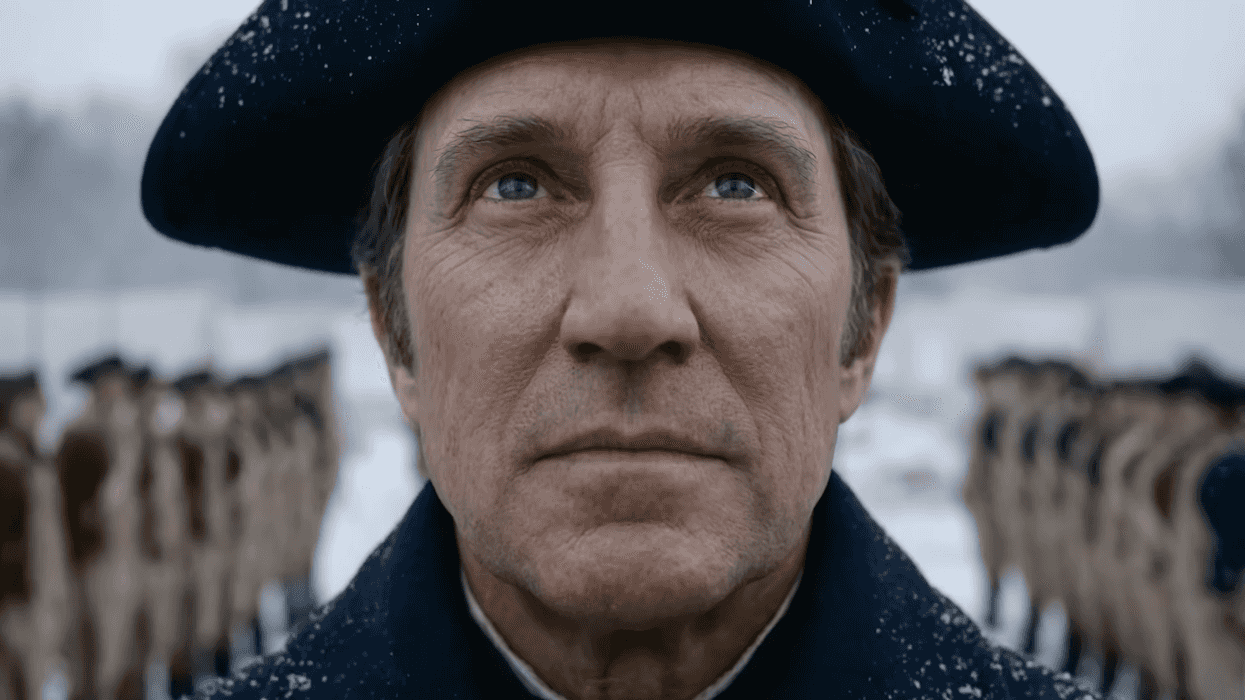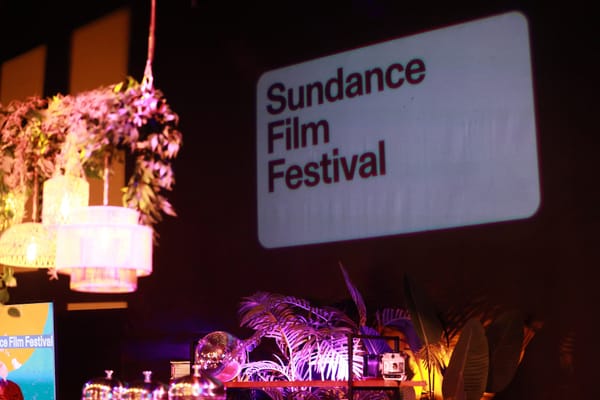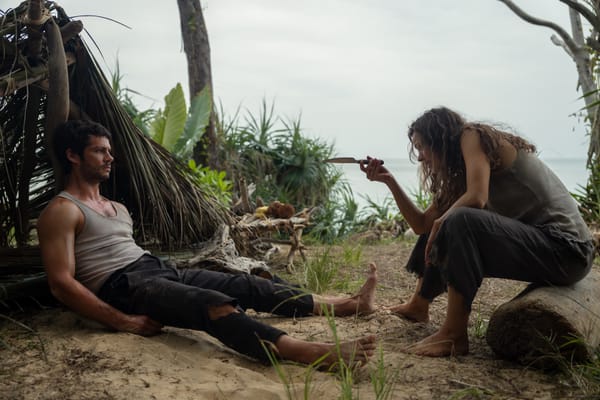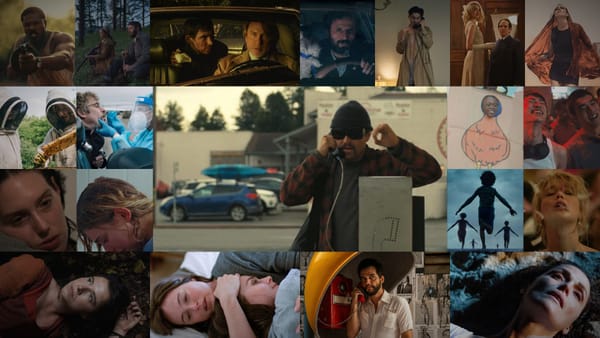Cannes 2024: 'Horizon: An American Saga - Chapter 1' Is Barely A Movie
Kevin Costner returns to directing movies about the West. But should we get excited?
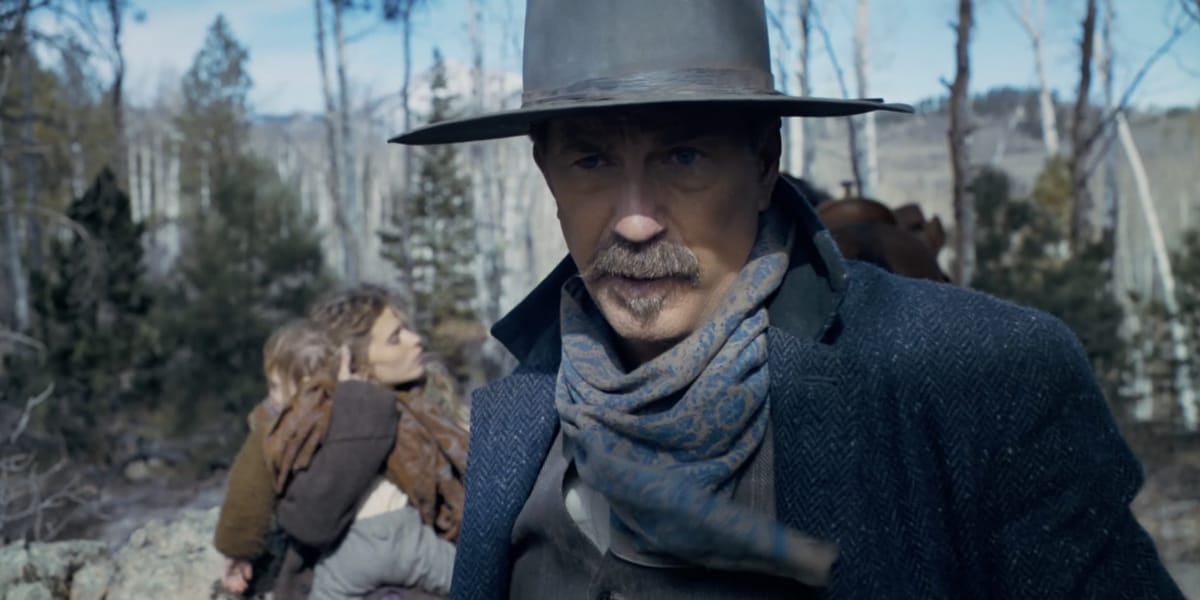
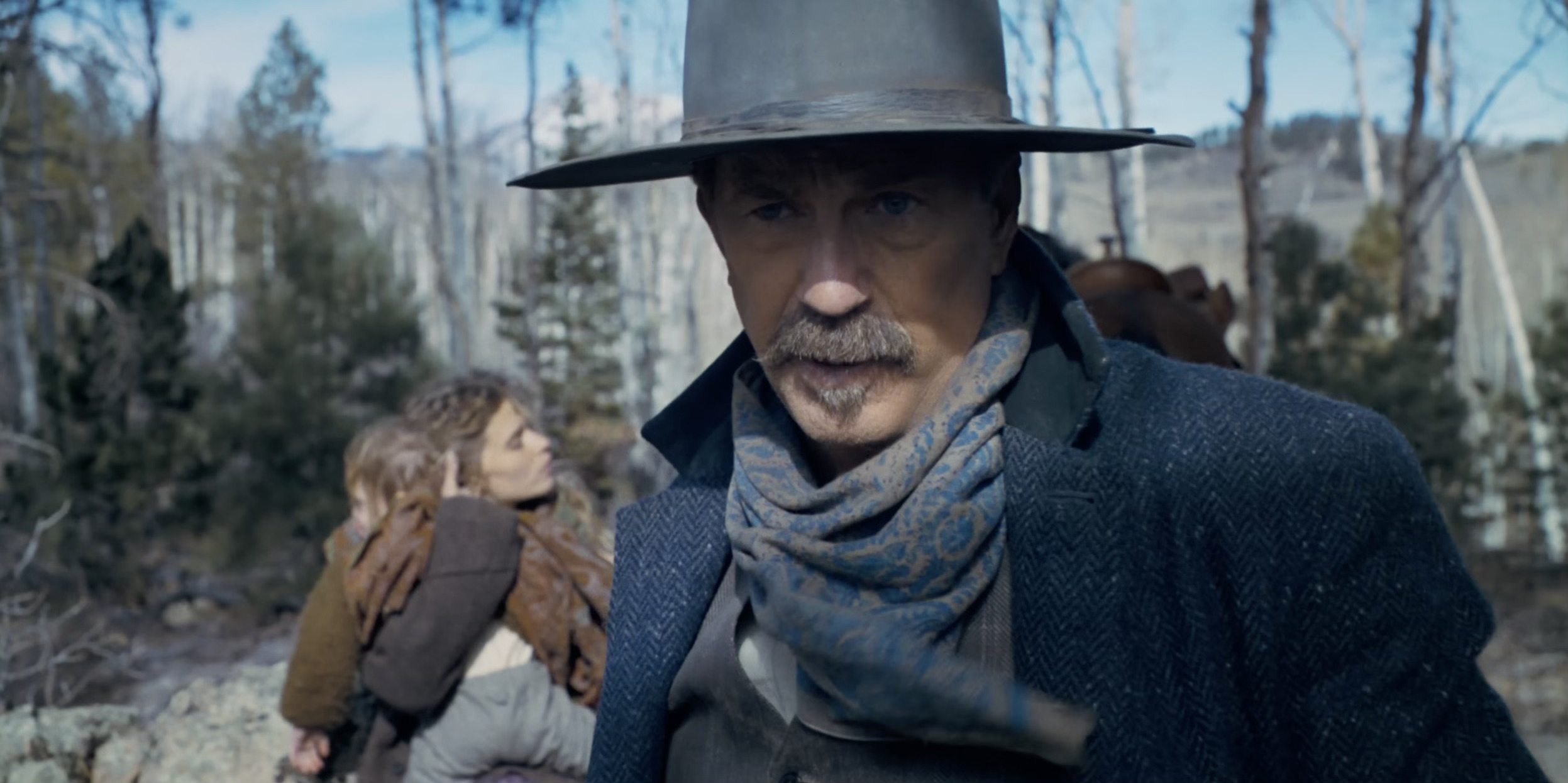
This is the third of four posts by Stephen David Miller covering the 2024 Cannes Film Festival. Be sure to check out his coverage of George Miller’s Furiosa: A Mad Max Saga and Francis Ford Coppola’s Megalopolis.
Tonight, I’m returning to recap yet another highly anticipated premiere, but the nature of that anticipation is different this time around: less personal excitement, more intense, anthropological curiosity. How many of my relatives will want to see this in theaters? Will it break the Summer Movie Wager? What powerful forces has Kevin Costner summoned with Horizon: An American Saga - Chapter 1?
But first, let me talk about a few hidden gems of the festival.
Festival Snapshot: Highlights
As mentioned before, I’d like to use this space to highlight some lesser-known films I caught at the festival. This time around, I’ll call out three.
- I caught Magnus von Horn’s The Girl With The Needle early in the festival, and I haven’t been able to get it out of my head. It’s a period piece set in WWI-era Denmark about a woman who finds herself pregnant after her husband has gone missing in the war. Shooting in gorgeous, shadow-laden black and white, Horn turns that premise into a harrowing nightmare about women’s bodily autonomy and the plight of those discarded by society. That’s as much as I’m going to say on the subject. Online synopses reveal significantly more details, and frankly, I think that’s a mistake. One of my favorite aspects of this film is the way it shapeshifts as you watch it, revealing itself slowly over time. I highly recommend you go in blind as I did; you’re in for an unnerving experience.
- I ducked into Halfdan Ullmann Tøndel’s Armand on a whim during a gap in my schedule, and I am so glad I stumbled upon it. Taking place over a single afternoon, the film revolves around a mediated conversation between parents at a school regarding an incident that occurred between their two year-six-year-old sons. For those who saw 2021’s Mass, this synopsis might be setting off a few alarm bells, and in many respects, it’s an apt comparison. This is a tense, powerfully acted drama which deals in heavy emotions and which gives its dialogue ample room to breathe. But as with many of my favorites of this year’s festival, Armand has quite a few tricks up its sleeve. It keeps you on your toes, zagging from its naturalistic premise to become something considerably more provocative. The Worst Person in the World’s Renate Reinsve is tremendous here, playing the mother of one of the children involved. She gives the sort of fearless, multi-layered, enigmatic performance that could tie even a weak script together. Paired with material this good, it’s electric. This one was a real highlight for me, not only of Un Certain Regard but of the whole festival to date.
- Finally, I’d be remiss if I didn’t mention Cannes’ rich tradition of Midnight Screenings, which tend to feature heavy genre fare. Truth be told, I often find myself skipping them for the sake of sleep. But The Balconettes was simply too intriguing to pass up. Directed by Noémie Merlant and co-written by Celine Sciamma, the film is a queer-coded horror-comedy about three roommates who find themselves in an unexpectedly violent situation. And boy is it a wild ride: think something like Drive-Away Dolls if it were about 10x darker and featured, among other things, a mutilated penis head. What blew me away about The Balconettes, though, was the searing message at its core. Beneath its zany genre trappings, this is a primal scream of “fuck you” to the patriarchy—particularly to all men who abuse women. I expected to cheer, jeer, and cover my eyes at a midnight premiere. I never expected to walk away feeling genuinely moved. Pulling off both is a serious feat.
And with that out of the way, we head West.
The Movie: Horizon: An American Saga - Chapter 1
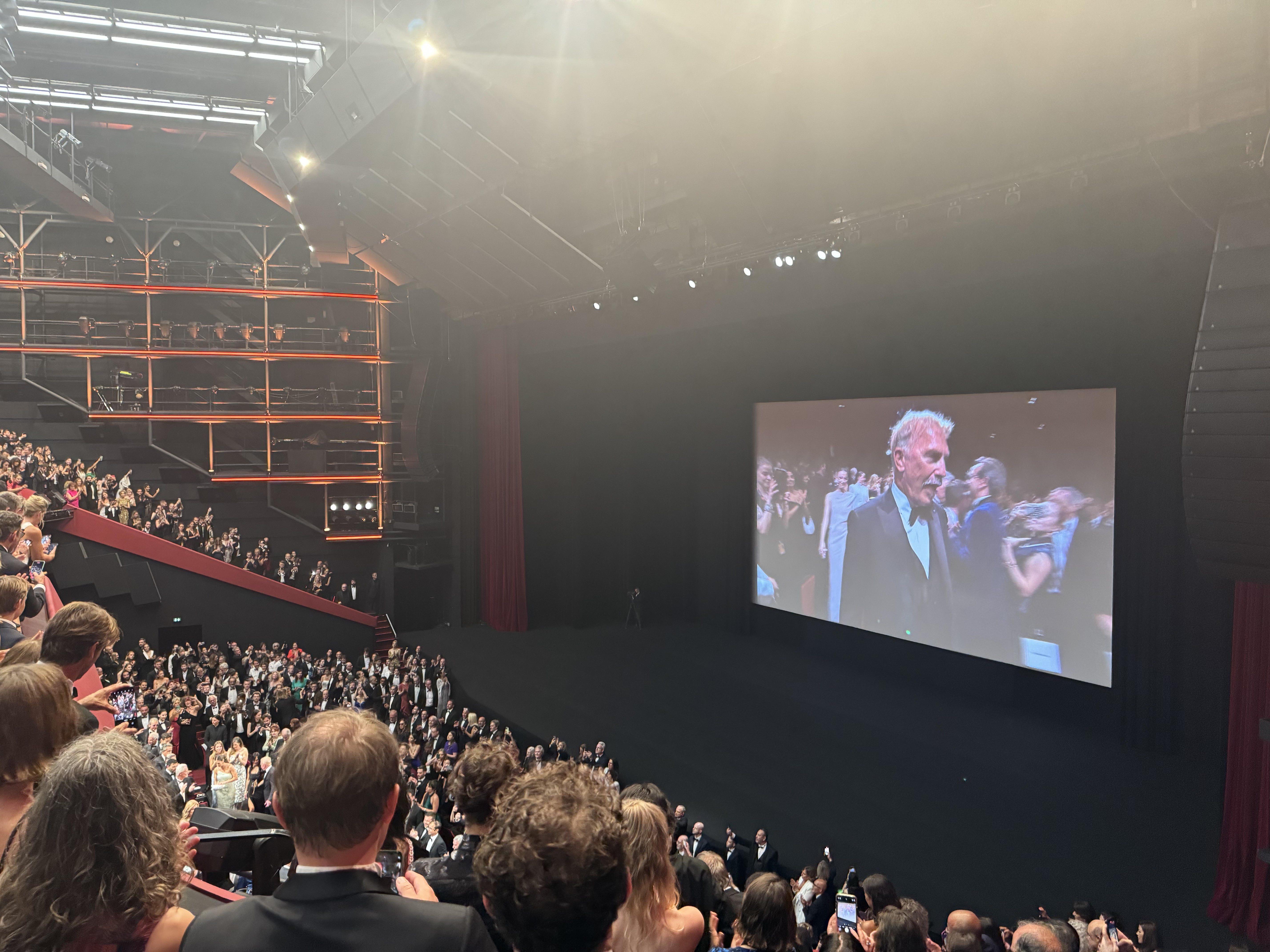
I try to open these reviews with a little context about the filmmaker and their body of work. But I’ve got to level with you: Aside from one childhood viewing of Dances With Wolves, I have no sense of Kevin Costner’s directorial style. As someone who was born the year Field of Dreams came out, I also can’t speak to how he was received by the culture in his heyday. I can only speak to the present, and at least for as long as I’ve been watching movies, Costner has stood for a certain brand of common-sense, can’t-we-all-just-get-along centrism. Take Swing Vote, wherein he plays the politically apathetic everyman who is suddenly forced to call an election. Or consider films like Hidden Figures and Black or White, both of which ask the vital question “What if a Kevin Costner character learned to be marginally less racist?” Even Dances With Wolves, awarded the highest honor by the “liberal” Hollywood elite of its day, is now seen by many of my generation as cringey at best and patronizing at worst. (Roxana Hadadi wrote a great piece on the subject.) All of which is to say nothing of a certain television juggernaut anchored by Costner, which has taken precisely half of the nation by storm.
Speaking of stones: Oliver Stone also had a new film, Lula, premiering at Cannes tonight at the exact same time as Costner’s. And while I’m sure it’s just a coincidence, it feels richly symbolic to me. Three decades ago, Stone and Costner joined forces to create the masterful political epic JFK. Today, while Costner was seated in the Grand Théâtre Lumière to unveil his assumed-to-be-conservative-coded epic, Stone was in the theatre directly next door, screening a documentary about left-wing politician and labor leader Lula da Silva. Like the United States government to Swing Vote’s Bud Johnson, the festival organizers were demanding I pick a side.
But I wasn’t acting solely of my own volition; I was here on a mission for the Decoding Everything audience. So I discreetly chucked my pocket-sized copy of Marx and Engels and donned a flag lapel pin as I headed into the premiere of Horizon: An American Saga - Chapter 1.
Three hours later, I left the theater reinvigorated about my country, brimming with hope that Americans across the political spectrum might just learn to set aside their differences, reach across the aisle, and declare together in one voice:
“That was a really boring movie!”
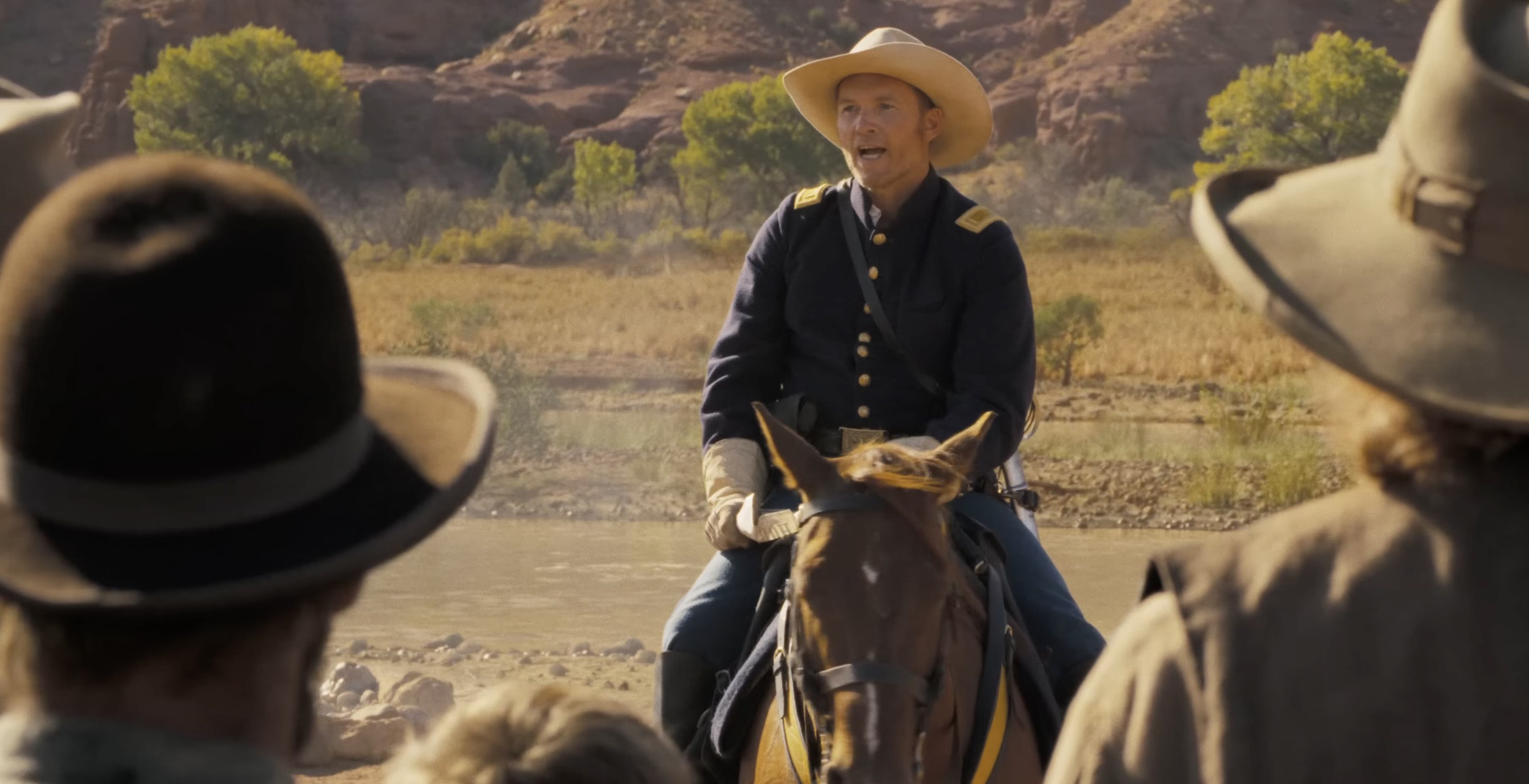
Even calling Horizon a “movie” feels misleading, to be honest. The first of four intended chapters in a 10+ hour saga, Chapter 1 struck me less as a film than as the bloated pilot episode of an HBO series. Set in the American West during the Civil War, the first entry introduces us to a sprawling cast of characters who, in various ways, are forced to grapple with the rapid expansion of the frontier. Note that I said it “introduces” those characters: While plot machinations do occur during Horizon’s three hour runtime, this is just an introduction, not a story. There are no satisfying conclusions to be found for our protagonists here, nor are there any cliffhangers, or clearly defined dramatic stakes.
Instead, we’re simply presented the beginning of five or six almost entirely disconnected storylines. There’s Frances Kitteridge (Sienna Miller), a mother who is forced to create a new life for her family after her home is attacked by Apaches. There’s Hayes Ellison (Costner), a mysterious lone traveler who enters a Wyoming town and becomes enmeshed in their affairs. There’s a wagon train led by Matthew Van Weyden (Luke Wilson). There’s also a schism within a Native American tribe, a rogue group hunting said Native Americans, a Union army group led by Col. Houghton (Danny Huston) and Sgt. Major Riordan (Michael Rooker)—and yes, I had to look up every single name I just listed to know who they were. Even at a three hour runtime that felt like six, there is entirely too much happening in Horizon to keep track of.
This is clearly Costner’s ode to the Westerns of yore, and many elements feel directly lifted from classics of the genre. In addition to Costner’s classic Western hero, we meet a damsel in distress he hopes to rescue, a town drunk who also happens to be the doctor, a sex worker with a heart of gold whose name is literally “Marigold,” and a seedy band of Bad Guys who roam from town to town goading people into violence like Jack Palance in Shane. Apaches are presented as murderous villains with roughly the emotional complexity of a Lord of the Rings Orc, while a handful of other Native Americans are portrayed in a sympathetic light while being given nothing to do but stand there. A nebbish intellectual is given a stern lecture about the value of physical labor from an alpha male while his wife watches on.
None of this is new, of course. Oversimplified characters exist in many beloved Westerns. But there is something bizarre about seeing it done in this context, and I don’t just mean the problematic stereotypes one would hope we’d evolved past. I also mean basic story mechanics. One reason Westerns are so fun to watch is that their stories are as tidy as their characters: well-defined heroes, well-defined goals. They’re myths, parables, morality tales. Even when a revisionist Western deviates from the formula, it feels like an explicit variation on the theme.
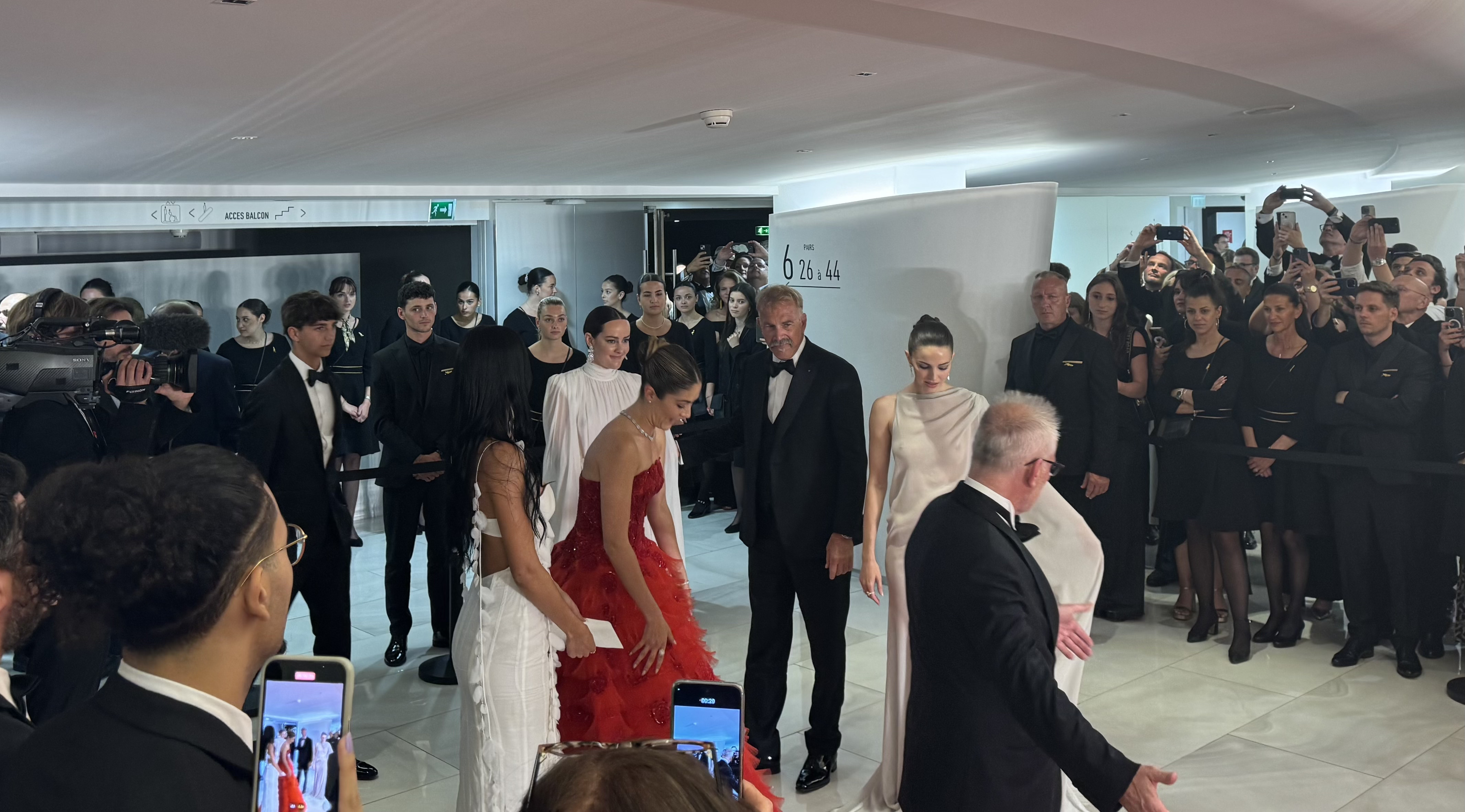
By contrast, there is nothing remotely elegant or satisfying about spending three hours watching one-dimensional beings navigate partial, disconnected storylines in the hopes that someday there might be a narrative payoff. Costner seems to be banking on the hope that audiences will fall so in love with his characters, they’ll be willing to follow them through multiple lengthy feature films. This despite the fact that they have no personality to fall in love with, and they haven’t really done anything yet.
Horizon is decently shot and has a few mildly fun action sequences, but it feels far too thin to hold audience attention. It’s just a massive slog. And don’t just take my word for it: Take the strangers who were seated on either side of me, both of whom pulled out their phones around the 30 minute mark and started browsing Instagram for the rest of the runtime. One of them continued until the credits rolled; the other joined the considerable group of walk-outs in my section around the start of hour two. Normally I’d be angry with that behavior in a world premiere screening, but this time it seemed oddly fitting. Because ultimately, Horizon doesn’t want to be a feature film in a darkened theater; it wants to be a TV show you can watch in bite-sized increments while you’re doing something else on your phone. As if to hammer that point home, Chapter 1 didn’t even give us a traditional ending. Instead, the last 5-10 minutes of the runtime were devoted to a montage of future plot points to come while a motivational soundtrack swelled — a glorified trailer for the rest of the season. (That trailer, for what it’s worth, was far more exciting than anything I’d seen in the actual movie.)
At the end of the day, though, my criticism can only go so far. The question on everyone’s mind was never “Will a millennial film lover from San Francisco like Horizon?”, but rather “Will Costner’s target demographic care about Horizon enough to see it in theaters?” And there, I’m afraid I can’t give a definitive answer. Although I can make passing conversation over Thanksgiving dinner, I am not fluent in the tongue Costner is whispering in—the ancient language of Conservative Uncle. But of all the attendees in my 2,000+ seat theater, a statistically significant number of them had to be present. And if the number of walk-outs I witnessed is any indication, I predict Costner is in for an uphill battle.
